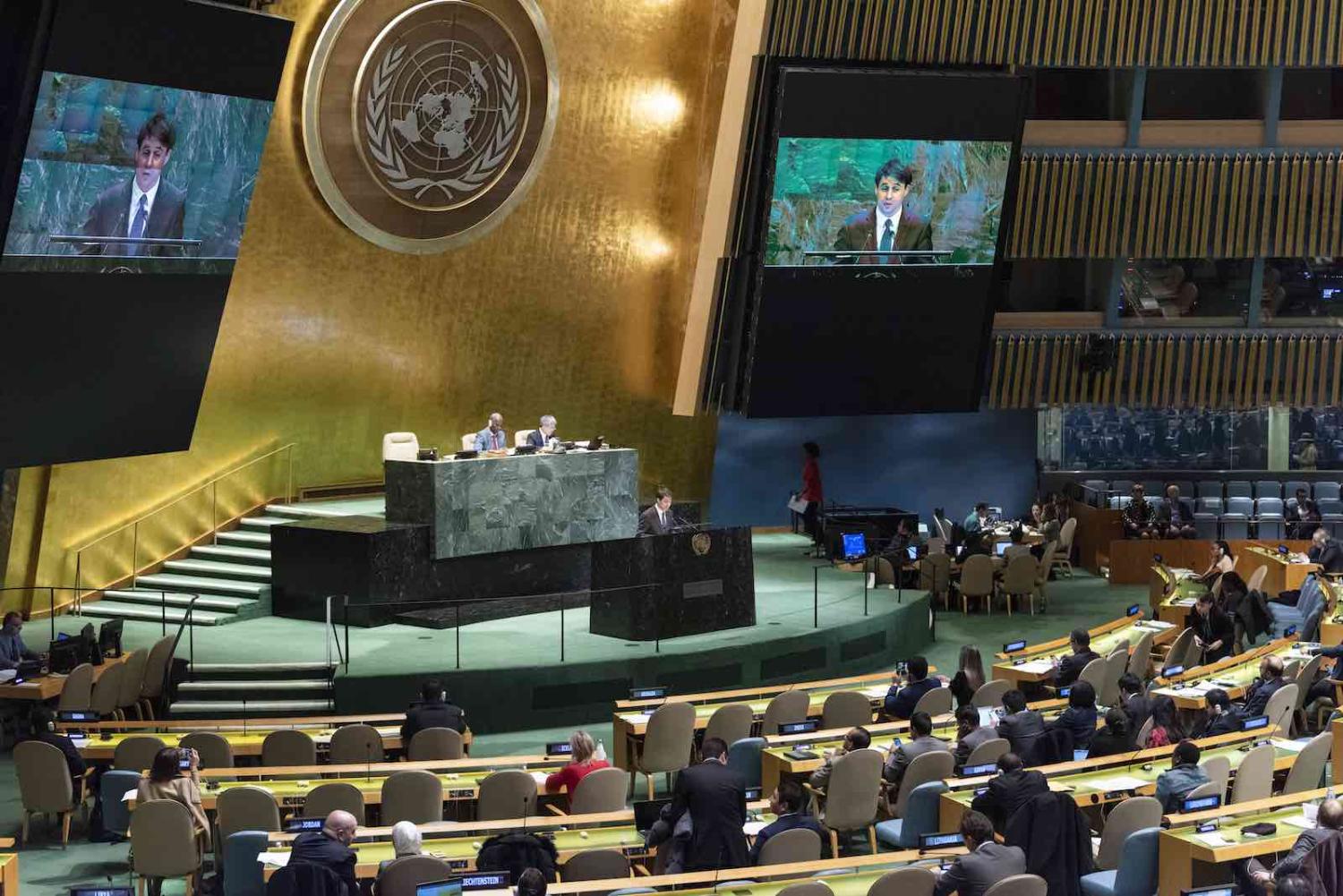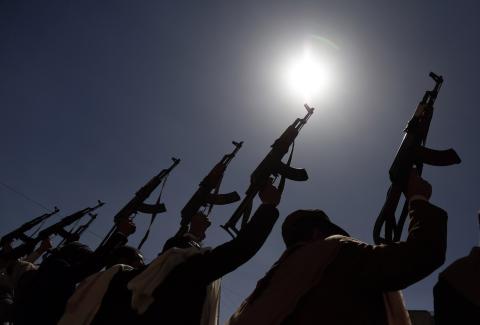The recent news that Tonga was among seven countries that had lost their right to vote in the United Nations General Assembly over unpaid dues has brought an additional element to an already complex issue over the financing of the United Nations. In 2019, the Secretary General highlighted the UN’s liquidity crisis as a result of non-payment of dues by member states, which eventually resulted in cost-saving measures being put in place at the Secretariat. US President Trump has often criticised the current payment scheme, termed the “scale of assessments,” as being unfair to the United States. The US contribution to the UN budget stands at 22% of the overall budget.
The US objections to its UN contributions are most likely not the only reservations that member states have over their payments to the UN. While Tonga did indicate that the unpaid dues were the result of an error, which they have since rectified, there are doubts that member states, particularly developing countries, have with respect to their financial commitments to the UN.
For many countries, there would be consideration of the practicality of contributing to a foreign matter that has no domestic impact, over pressing economic, social, and environmental issues at home. The peacekeeping budget is one example. Tonga is required to finance several UN Peacekeeping Missions, most of which are not in the Indo-Pacific region. However, a priority issue for Tonga in the UN is the Small Island Developing States agenda.
When a country is denied its right to vote, they have lost the ability to influence the direction of that policy. Another consideration is the impact of support to allies.
When the General Assembly agreed to convene the Third International Conference on Small Island Developing States, there was no provision for financing through the UN regular budget. Instead, a trust fund was established, where countries could contribute on a voluntary basis.
These are the realities that must weigh on the minds of decision-makers in Tonga and other countries when they are asked to contribute to various UN Peacekeeping Missions. It is feasible, therefore, for many countries to determine that the resources would be better used at home or in a bilateral nature, particularly if, in their view, their priorities were not being equally addressed at the UN.
Member states to the UN deliberate on the budget of the organisation in the Fifth Committee of the General Assembly, which has a reputation for its intense debates over determining the scale of assessment of member states and which UN activities should be funded. It is in this committee where delegates seek to ensure that their concerns are prioritised, and that they do not have to finance activities that are not important to them. Australia’s Permanent Representative to the UN referred to the stressful work schedule of that committee when she served as Chair of the Fifth Committee during the 73rd General Assembly, from September 2018 to September 2019).
With an apparent understanding that there would have to be incentives to ensure that the work of the UN was financed, the consequence of non-payment was enshrined in the UN Charter. Article 19 of the Charter advises:
A Member of the United Nations which is in arrears in the payment of its financial contributions to the Organization shall have no vote in the General Assembly if the amount of its arrears equals or exceeds the amount of the contributions due from it for the preceding two full years. The General Assembly may, nevertheless, permit such a Member to vote if it is satisfied that the failure to pay is due to conditions beyond the control of the Member.
The withholding of a country’s right to vote is of considerable significance within the geopolitical space. Voting is a country’s ability to influence international policy, and a vital component of membership of the United Nations. This is especially relevant for countries that are not global powers.
On the more contentious issues where consensus could not be reached, decisions are made by majority vote. When a country is denied its right to vote, they have lost the ability to influence the direction of that policy. Another consideration is the impact of support to allies. Tonga, for example has traditionally been a strong supporter of Australia in the UN. When Australia campaigns for vacancies on UN bodies, such as the Security Council, these are highly competitive elections, and can sometimes be determined by as little as one vote. Without the support of one country, it could have the very real effect of determining the success of another country’s UN agenda. The implications then are quite substantial.
The financing of the UN remains complicated. Countries recognise that the organisation’s ambitious agenda cannot be implemented without funding. Despite the criticisms, the majority of member states do make their contributions. Australia traditionally pays its dues on time, and the General Assembly did approve a $3 billion budget at the end of 2019. But the fact that on occasion, whether intentionally or not, countries have failed to fulfil their financial obligations, signals a deeper concern which will eventually require much more attention.

